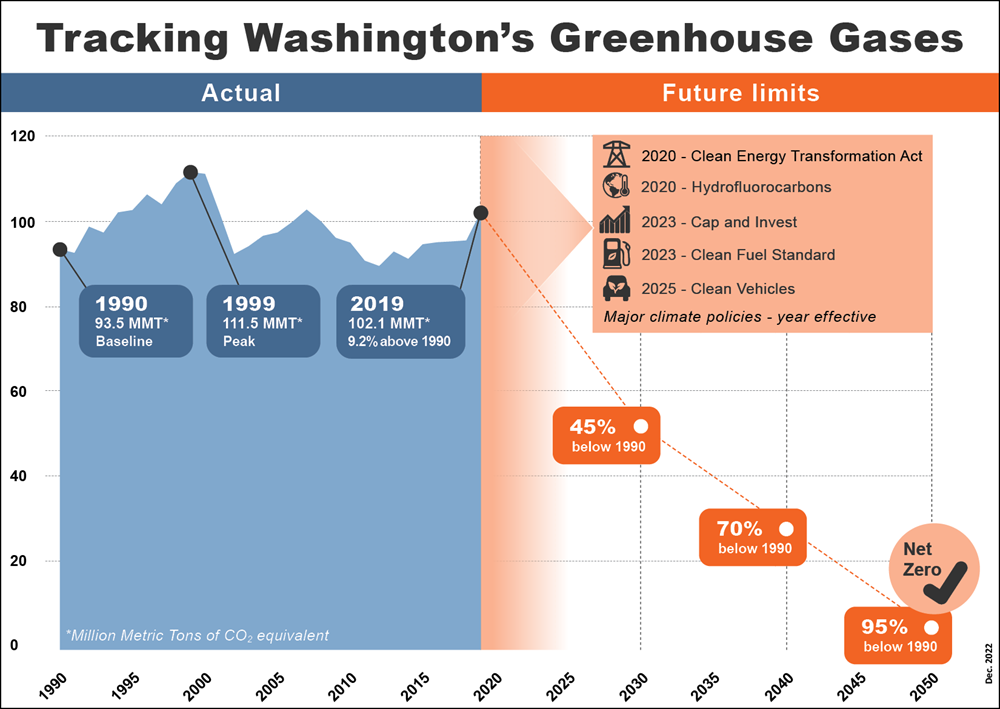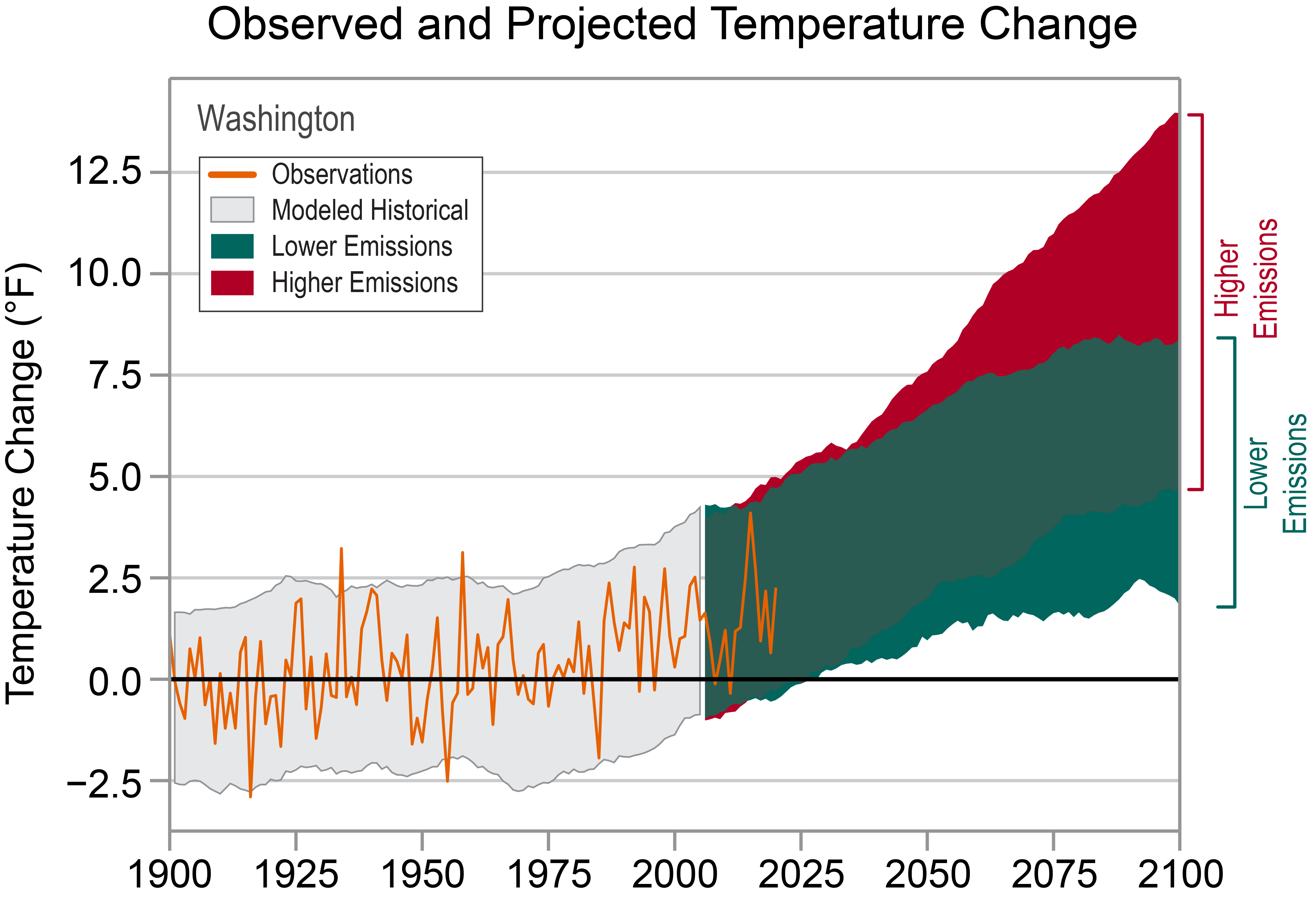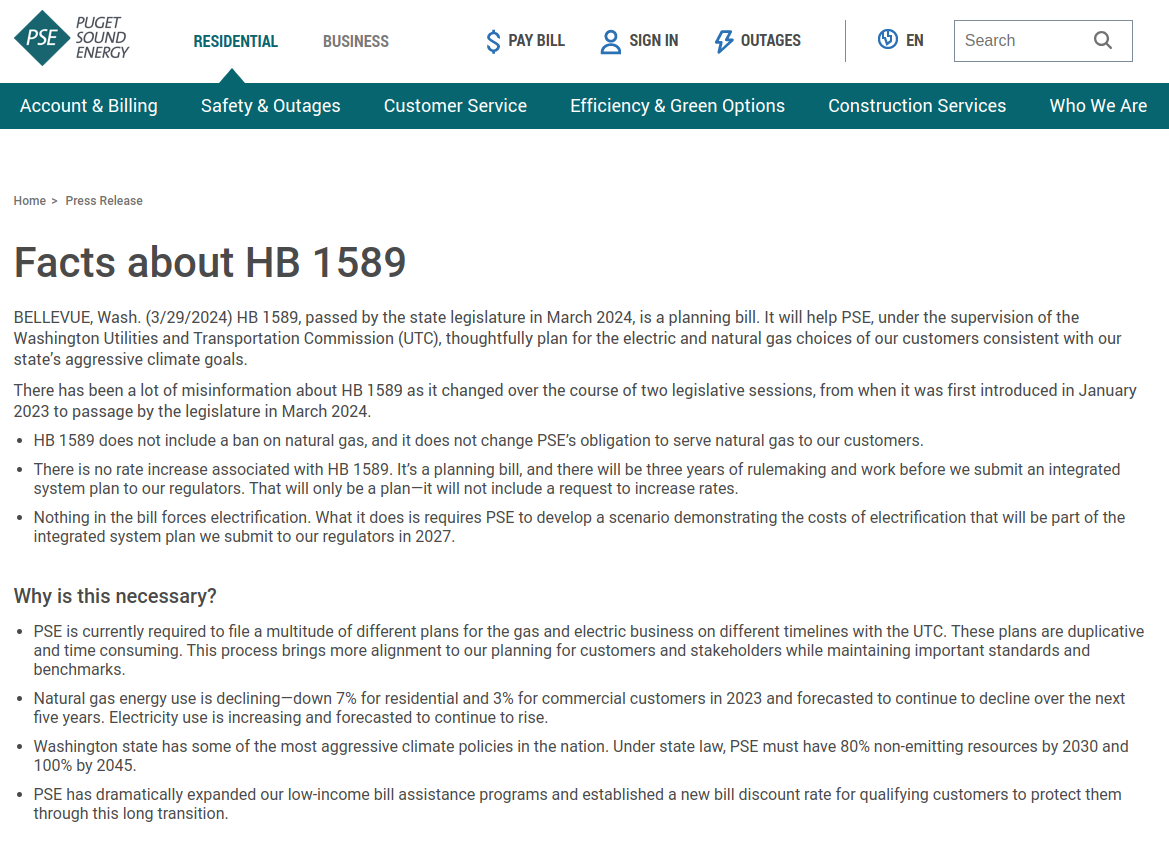November 2024 Ballot Research
Why Am I Doing This … Why I Am Doing This
The past few years, I didn’t enjoy the scramble in the hours before and on election day to complete my ballot. I underestimated the time required to do my own research and make decisions, and I’m very grateful to people and organizations who take the time to publish their findings and endorsements. For this election I want to do the same to avoid last-minute stress, learn about our laws, and get in my free speech reps.
In this post I’ll focus on the four Washington State ballot initiatives because I thought they were confusing and addressed very large, complex issues. Before diving in, I think it’s important to remember their paths to the ballot. Three are Initiatives to the Legislature, meaning they were first presented to the State Legislature for adoption. The Legislature rejected or took no action, leaving adoption to the popular vote. The last one is an Initiative to the People, which goes directly to ballot. Thus, these initiatives are a powerful tool to amend state statute because they can overrule or bypass the legislature. We need to be very careful in approving them because our lawmakers chose not to or didn’t have the chance to and because they can be created by special interests.
Speaking of special interests, these four initiatives were all authored by the same PAC, Let’s Go Washington, led by Republican State Representative Jim Walsh and hedge fund manager Brian Heywood. Three of their other initiatives were adopted by the legislature. The ones that made it to ballot claim to save Washingtonians money, and in the short term, perhaps they would – by cutting strategic investments in education, social safety netting, and reaching our emissions reduction goals. It’s easy to understand how having more cash in our pockets will improve our lives. But what is the impact on our quality of life of fewer climate catastrophes? Of doing everything we can for our children? Of avoiding financial crisis for those can’t care for themselves? The laws and programs pursuing these outcomes that would be repealed by these four ballot initiatives are just getting started and promise huge dividends for everyone. While they are not perfect, I believe we can find the courage and resourcefulness to give them a chance and then improve them. So here are my opinions as of now:
❌ Passing I-2117 would remove the cap-and-invest program, our biggest tool to meet our emissions reductions goals, and also eliminate billions of dollars of funding for clean energy, safe transportation, and environmental justice projects statewide. PLEASE VOTE NO ON I-2117.
❌ Passing I-2066 would make it more difficult for utilities, builders, cities, and counties to coordinate to reach our emissions reduction goals. PLEASE VOTE NO ON I-2066.
❌ Passing I-2109 would defund education to give the ultrawealthy a tax cut. PLEASE VOTE NO ON I-2109.
❌ Passing I-2124 would remove long term care insurance for everyone, exposing us to the private insurance market. I plan to vote no on I-2124 to leave the laws as written.
The Climate Commitment Act Isn’t Perfect, But It’s Better Than Nothing
In 2021 Washington State passed the Climate Commitment Act (CCA). It follows from a 2008 bill (HB 2815) that commits us to meet emissions reduction targets every decade until 2050. As the chart below shows, we’ve promised to more than halve our 2019 emissions by 2030.

Greenhouse gas emissions 1990-2019 with emissions targets to 2050 (credit: WA Department of Ecology)
The CCA gave us a powerful tool, the cap-and-invest program. In this program, the state sells emissions allowances and revenues fund clean energy, safe transportation, and environmental justice projects. Over time, the supply (cap) of allowances will be reduced, driving up prices. This has two complementary effects: motivating emitters to make changes to reduce their emissions and creating a steady revenue stream for climate change related projects. Some necessarily large emitters, such as utility companies, will receive free emissions allowances for a number of years to give them time to adapt.
Passing I-2117 Replaces the CCA with Nothing. Vote NO on I-2117
Passing this ballot initiative would repeal the CCA. Critics of the CCA decry how it drives up the cost of living. And it probably does. But without it, businesses would have no incentive to reduce their emissions. Isn’t it preferable that we have emitters pay for as much of the clean energy transition as possible? It’s actually a win-win to pressure businesses to make changes. The businesses that lower their emissions the soonest will feel the least pressure to raise prices on customers and reap the highest return on investment: the higher upfront cost of reducing emissions will sooner become less than the cost of the emissions allowances.
The other benefit to the CCA is that more large investments in public safety and clean energy infrastructure can be made. In 2023, $76M was appropriated from emissions allowance auction revenues and $56M was spent. Free transit for riders under 18 and Safe Routes to School were just a couple of the programs funded. The 2023-25 project budget exceeds $2B.
This initiative might be worth considering if a viable alternative was proposed. The CCA is the best solution we have right now and doesn’t deserve to be scrapped, especially before it can be properly evaluated. It would take years to agree on an alternative, write it into law, and get it started. In that time we’ll slide further from our goals. We’ll squander billions of dollars for investments into our infrastructure and communities. The air and water will get dirtier, and the summers will get even hotter. Now that’s real suffering. Please vote no on this initiative.
 Actual and projected temperature change in Washington since 1900 (credit: North Carolina State University)
Actual and projected temperature change in Washington since 1900 (credit: North Carolina State University)
Passing I-2066 Prevents Electrification. Vote NO on I-2066
Passing this initiative would repeal parts of HB 1589 (The Decarbonization Act), a bill to help utilities plan for increased electrification and meet our emissions reduction goals. The parts that would be repealed by this initiative are:
- utilities are unable to offer incentives for natural gas appliances
- utilities must educate customers on the benefits of electrification
- utilities cannot target certain difficult-to-serve (with gas) areas for electrification
These rules are completely sensible, even obvious in my opinion, given our aggressive emissions targets. It’s in the utility’s best interest to market electrification, not new gas service, given the emissions allowances they will need to buy. Furthermore, building codes and city/county growth management plans have already been created with the assumption of higher electrification rates. Puget Sound Energy itself has published a helpful article on the existing law, which explains how it’s helpful to their business.
 PSE press release explaining HB 1589 (credit: Puget Sound Energy)
PSE press release explaining HB 1589 (credit: Puget Sound Energy)
Passing I-2109 Defunds Schools to Give The Ultrawealthy a Tax Cut. Vote NO on I-2109
The long-term capital gains tax applies only to gains of more than $262,000 per year (“standard deduction”) and does not include sales of homes and retirement assets (see “Exemptions”). Do you think most Washingtonians will ever pay this tax?
The tax revenues fund schools: the first $500M funds K-12 education, access to higher education, and childcare; after that, funds go to school construction. Schools need all the help they can get to pay salaries and keep aging facilities safe from toxins like polychlorinated biphenyls … and leaded drinking water. If this initiative passes, we would lose $2.2B in school funding over 5 years. Most Washingtonians benefit from the capital gains tax. Please vote no on this initiative.
Passing I-2124 Removes Funding for People Who Need Care
WA Cares is a public insurance program created in 2019. Its long-term care benefit covers daily assistance with activities such as eating, getting in and out of bed, and taking medication. Those requiring this care may be elders who naturally lose their independence and disabled persons who may be victims of accidents and disease. Medicare cannot help for these claims unless they are medical, so WA Cares fills that gap and prevents people from needing to buy private health care insurance (read: expensive) or needing to qualify for Medicaid (read: you have very little income). For families living on the edge of financial crisis, this buffer could be the difference between being able to adjust their livelihoods and having to sacrifice everything to immediately care for loved ones.
Currently, almost all employees must pay 0.58% of their income to fund WA Cares. If this initiative passes, employees can opt out and the state actuary estimates WA Cares could become insolvent by 2027 (see “State Revenue”). Like Social Security, these programs only work with full participation. There are many fair criticisms of the program, including that you can’t contribute or take your benefits out of state; however, WA Cares reported in March about out-of-state contributions and portability in 2026 and 2030, respectively.
Similar to the CCA, this program also just started getting funded in 2023. We’ve not even had the chance to see how well it works! If we find it’s not protecting victims and elders on fixed incomes, then we should talk about replacing it. I-2124 doesn’t want to wait; if it passes then we risk bleeding out the program, limiting its full impact.